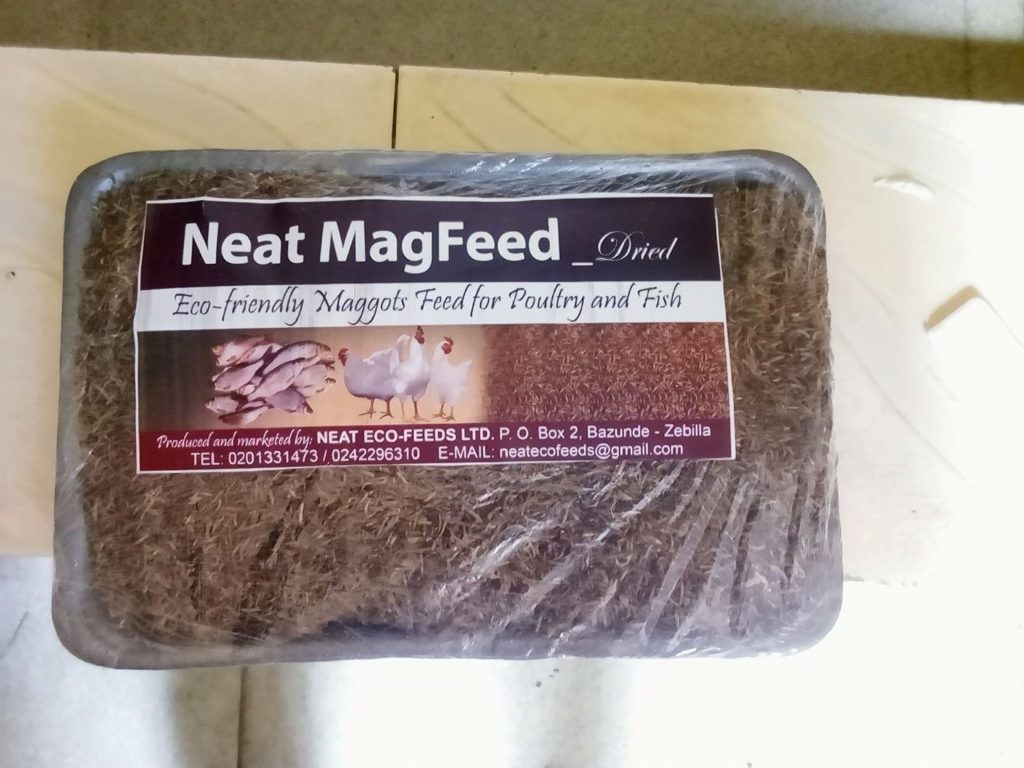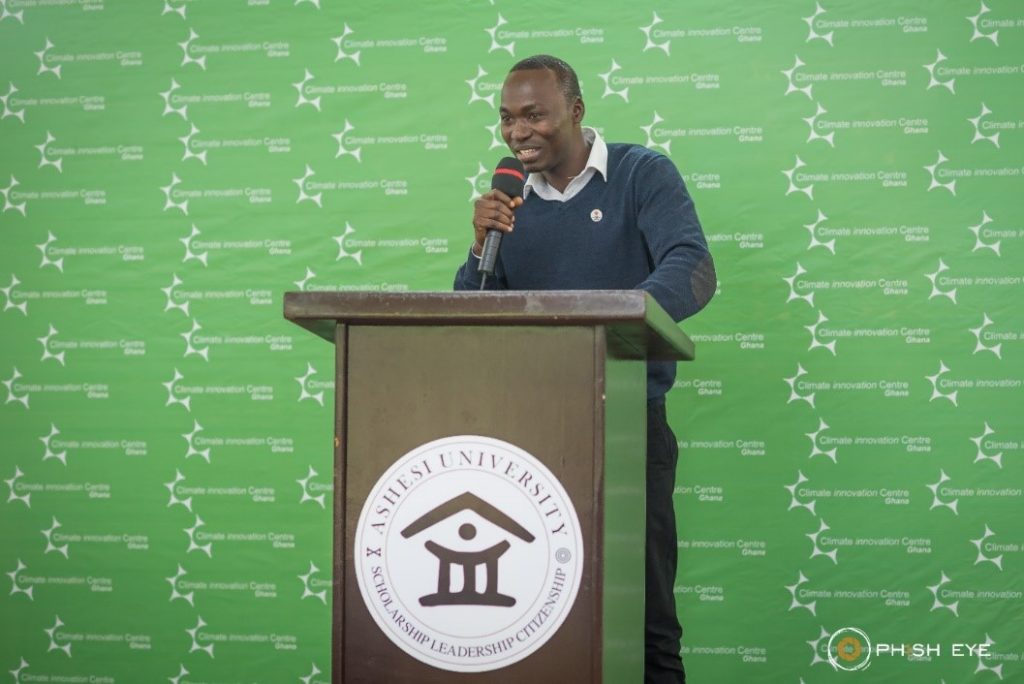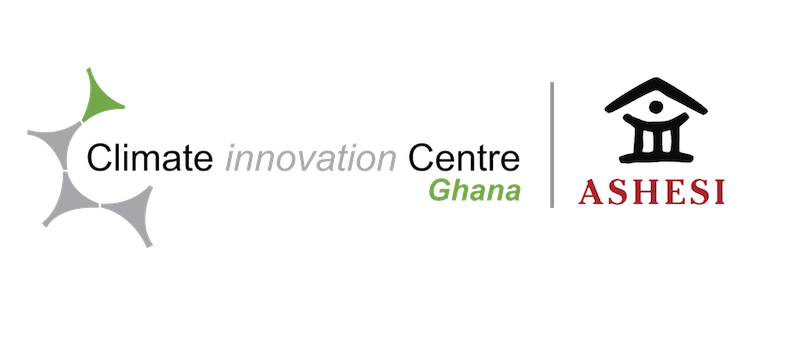
Maggots? Yes. You read it right. Maggots!
Demand for poultry rises in Ghana by 13.9% annually – however importers of poultry benefit the most from this increasing demand because local poultry costs four times more to produce than imported poultry. This is attributed to the cost of feed, which comprises up to 70% of the total cost of production.
The rise of fish meal and soy meal production is causing global issues such as overfishing and deforestation. Meeting the growing demand for protein to feed farm animals requires an alternative source of protein, and with a global population estimated to be 9 billion by 2020, demand for animal protein will be on the rise, which will also increase the amount of organic waste going into landfills.
Enter Neat Eco-Feeds.
Africa produces less than 1% of the feed produced globally, despite the continent’s ever increasing demand for feed. Neat Eco-Feeds produces alternative protein animal feeds from maggots, using waste sourced from Neat Meat, their sister butchery company which produces up to 300kg of waste weekly. Operating in Zebilla in the Upper East region of Ghana, Neat Eco Feeds produces maggot feed for fish and poultry farmers, providing them with an affordable alternative to costly feed such as fishmeal.
The company has the potential to improve the Ghanaian fish and poultry market and become a global player that will compete with industrial global feed manufacturers.
It was no surprise therefore that at the 4th Edition of the African Entrepreneurship Award (AEA) held in Casablanca, Morocco, Neat Eco-Feeds won the $100, 000 prize after being shortlisted by the AEA Global Mentors as one of the Top 50 Entrepreneurs whose idea is one of the Most Significant and Sustainable in Africa.
Lincoln Winimi Peedah, one of GCIC’s cohort 2 entrepreneurs, is the Founder of Neat Meat Enterprises which produces Neat Eco-Feeds. Neat Eco-feeds gathers waste from abattoirs and other vendors and recycles it to produce maggots. The maggots are processed and sold as feed; alive, dried and powdered forms. The by-product from the maggot production process is bagged and sold as compost.

With Neat Meat’s intervention, farmers can produce larger quantities of poultry at a cheaper cost thus putting them at a more advantageous position of competing with the menace of influx of imported chicken. Neat Meat’s entire value chain not only lowers feed costs for farmers but also helps in protecting the environment as they deploy a zero-waste production cycle.
In addition to this innovation and cost reduction in the feed production industry, Neat Meat Enterprises is also recognized for their role in creating numerous employment opportunities. Currently, Neat Meat Enterprises employs 16 direct employees, 18 indirect employees as well as several retailers and wholesalers generating additional income from the sale of Neat Eco-Feeds.
In June 2018, with an $18,000 Proof of Concept Grant from the Ghana Climate Innovation Centre (GCIC), Neat Eco-Feeds established a 175*175 substrate tank capacity maggot farm at Bazunde near Zebilla in the Bawku West District in the Upper East Region of Ghana.
Congratulations to Lincoln and the Neat Eco-Feeds team from the GCIC.
The Ghana Climate Innovation Centre (GCIC) is a pioneering business incubator whose objective is to support entrepreneurs and ventures involved in developing profitable and locally appropriate solutions to climate change mitigation and adaptation in Ghana. The Centre’s key focus is on building businesses operating within the areas of energy efficiency, domestic waste management, solar energy, water supply management and purification and climate-smart agriculture. GCIC is part of the World Bank Group’s infoDev Climate Technology Program. Supported by the governments of Denmark and the Netherlands, the Centre is managed by a consortium led by the Ashesi University College and including Ernst & Young, SNV Ghana, and the United Nations University Institute for Natural Resources in Africa.

